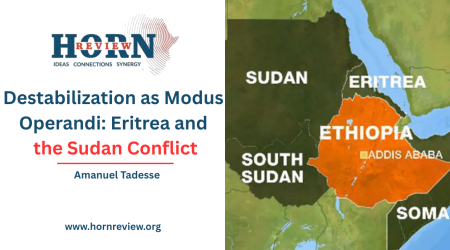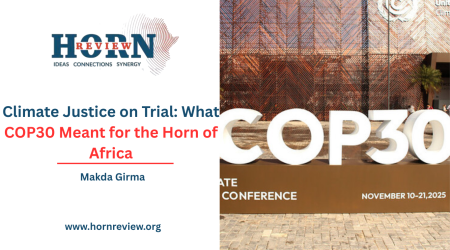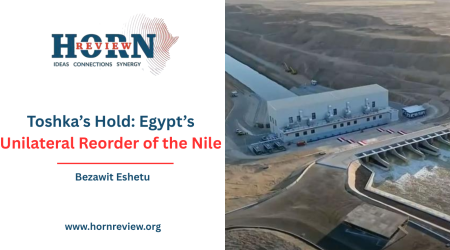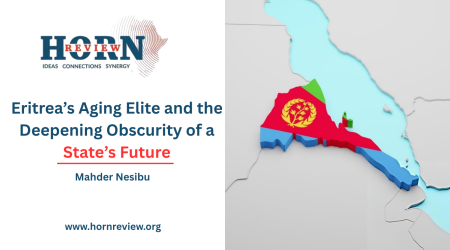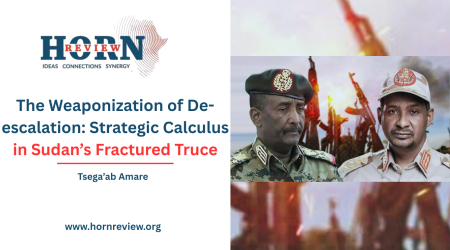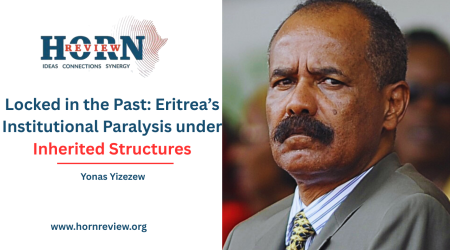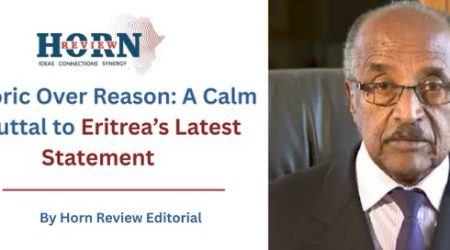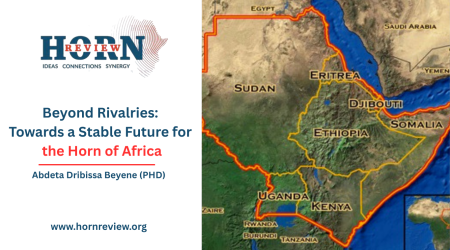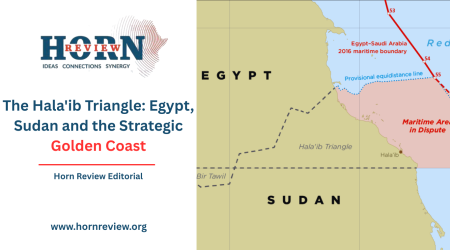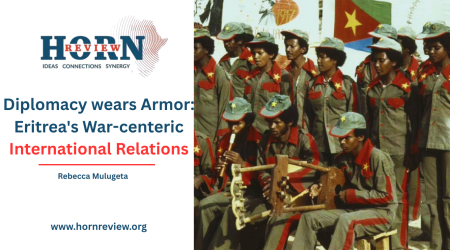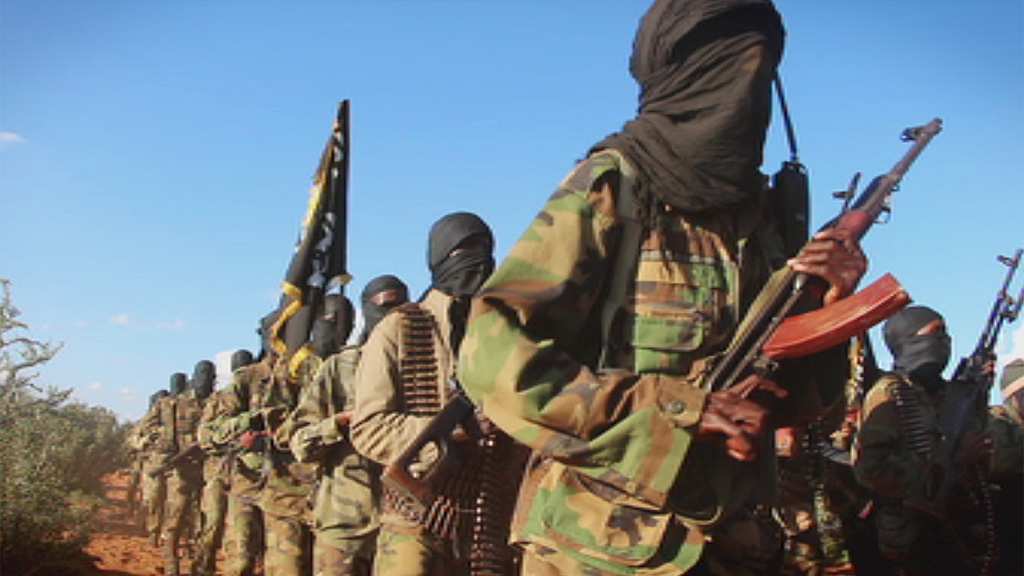
17
Apr
Strategic Retreat or Strategic Error?
Al-Shabaab’s Opportunity in the Wake of U.S. Recalibration
The United States stands at a critical inflection point in its engagement with the Horn of Africa. Amid rising insecurity in Somalia, discussions within the Trump-aligned foreign policy circles have resurfaced, suggesting a possible closure of the U.S. Embassy in Mogadishu. While framed as a security precaution, such a move would amount to a strategic withdrawal, one with profound consequences for both regional stability and America’s credibility as a global power.
This is not merely a policy recalibration, it risks becoming a symbolic concession at a time when symbolism carries enormous weight. For groups like Al-Shabaab, a U.S. diplomatic retreat would represent not just a tactical victory but a narrative triumph, a vindication of their long-held assertion that sustained pressure can erode even the most established international presences.
To be sure, security threats in Mogadishu are real, and no diplomatic mission should be undertaken without rigorous risk assessment. But diplomacy has never operated in a vacuum of safety. Were risk the sole determinant of presence, embassies in numerous conflict-prone capitals would have shuttered long ago. Somalia is not an exception, it is part of a broader challenge facing U.S. foreign policy, how to remain constructively engaged in fragile states without over extension or abdication.
A withdrawal would not only leave Somalia more vulnerable to extremist resurgence but also send troubling signals across the region. The Horn of Africa is a highly interconnected security ecosystem. Instability in one node, particularly Somalia, has a ripple effect across Kenya, Ethiopia, Djibouti, and beyond. It undermines multilateral efforts, emboldens transnational insurgencies, and complicates the work of regional bodies striving for peace and integration.
Moreover, the strategic implications stretch far beyond Africa. The Red Sea corridor, adjacent to the Somali coast, is one of the world’s most vital maritime arteries. The Horn serves as a gateway to the Indian Ocean and a fulcrum for global commerce and energy flows. American presence in this region is not merely about counterterrorism, it is about ensuring access, influence, and stability in one of the world’s most geopolitically contested spaces.
A retreat would not go unnoticed. China, with its entrenched foothold in Djibouti, would likely expand its presence. Gulf powers, already invested in Somali domestic politics, could deepen their involvement in pursuit of competing interests. Russia, too, has demonstrated a growing appetite for filling voids left by the West, often through non-state proxies or security contractors. A diminished U.S. footprint invites precisely the kind of external entanglements Washington has sought to avoid.
It also risks alienating African partners who continue to view the United States as a vital development and security ally. Ethiopia, Kenya, and other regional players would be forced to recalibrate their security frameworks, potentially pivoting toward alternative partners with different political and strategic calculations. The loss of American presence would not just be symbolic, it would be deeply operational, affecting intelligence-sharing, development coordination, and diplomatic dialogue.
This is not a call for militarization. Somalia does not need occupation, it needs principled, persistent engagement. Maintaining an embassy is not merely about diplomacy in the formal sense, it is a statement of long-term commitment, of faith in Somalia’s future, and of recognition that stability requires partnership, not retreat.
The United States has spent decades cultivating alliances and frameworks for cooperation in the Horn. To abandon them now would risk squandering years of investment, both financial and diplomatic. Worse, it would reinforce a perception, fair or not, that the U.S. retreats when confronted with complex, protracted challenges. That perception, once seeded, is difficult to reverse.
African leaders, too, must assert their voices in this moment. The potential closure of the Mogadishu embassy is not an isolated U.S. domestic policy debate, it is a decision with continent-wide ramifications. The time is ripe for a concerted diplomatic push, one that frames continued U.S. presence as a shared interest in regional peace and sustainable development.
Disengagement from Somalia, under the guise of prudence, may appear politically expedient. But in the long arc of history, it would likely be seen as a self-inflicted strategic diminishment. The United States need not dominate the Horn of Africa to remain relevant, but it must not disappear from it either.
Diplomacy, especially in volatile environments, is never easy. But it is precisely in such moments that it becomes most necessary.
By Samiya Mohammed, Researcher,Horn Review

